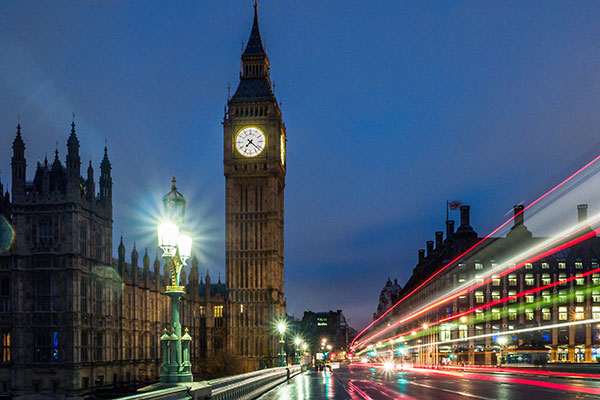The following from an article in today’s Financial Times caught my attention:
"A decision on social care funding which could…put upward pressure on taxes is to be parked for the time being ‘There’s a danger that you have a great idea but that it becomes immediately politicised in an election’ said one [Conservative] aide."
A core argument made by advocates of deliberative democracy is that representation is insufficient to provide the direction and legitimacy modern government needs.
The elements of this argument are well-rehearsed:
- For obvious self-interested reasons, elected representatives are often more responsive to the demands made by their Party than those of the public.
- In a fast changing and unpredictable world, a single choice every few years cannot provide a mandate for all the events that occur once a Government has been elected.
- Voters have one vote. A manifesto contains hundreds of policies. So, it is spurious to believe that the former can be taken as an endorsement of the latter.
Supermarkets are generally more popular than governments, but how popular would any supermarket be if we collectively voted for our favourite brand every few years and then (with the support of about a third of the population) we were all forced not only to use that supermarket but to allow it to choose what to put in our trolley and how much we should spend?
The case to enhance deliberation with other forms of democracy – which should mean frequent forms of robust deliberation and, perhaps, occasional (very occasional) referenda – is hard to refute.
It's why deliberative processes are on the rise all around the world.
It’s why Parliament has committed to a major deliberative process around our national response to climate change.
It’s why the RSA is a big advocate of deliberation and is working with a set of local authorities who are trying to embed it in their decision making. (Indeed, this pilot is now garnering much enthusiasm and interest from local government in general.)
It's why we're also supporting RSA Fellows' work on deliberative democracy in schools.
Are manifestos enough of a mandate?
And now, as if we needed more evidence of the frailty of the representative mandate, we have the idea that Parties should hide away policy initiatives from the electorate.
Of course, this is in part a reaction to the 2017 Conservative manifesto and its bold proposal for social care funding. This received a mixed response and is blamed (wrongly in my opinion) for the Tory campaign coming off the rails.
Whether or not political parties are justified in thinking that elections are a bad time to be honest about their policy intentions, it is yet another reason to question the idea that manifestos provide a sufficient popular mandate for the complexity of running our country's government.
Giving the public a chance to shape the future
I used to think that the best advert for deliberation was getting people to observe its positive, thoughtful process in action. But maybe, in fact, it is watching the festival of representative democracy that is supposed to a General Election, and understanding how very far away it is from offering the public a credible chance to shape their future.
Related articles
-
We need a citizens’ convention for the transition
Matthew Taylor
Ending the lockdown and getting back to normal will be hard. Deliberative democracy can help us find the way.
-
Taking back control must include reform of democracy
Matthew Taylor
Brexit is irrelevant if we can’t change our society. To do that, we need to embrace deliberation.
-
Now is the time for more democracy not less
Ed Cox
Ed Cox on how suspending Parliament shows the need for less politics and more democracy.




Be the first to write a comment
Comments
Please login to post a comment or reply
Don't have an account? Click here to register.